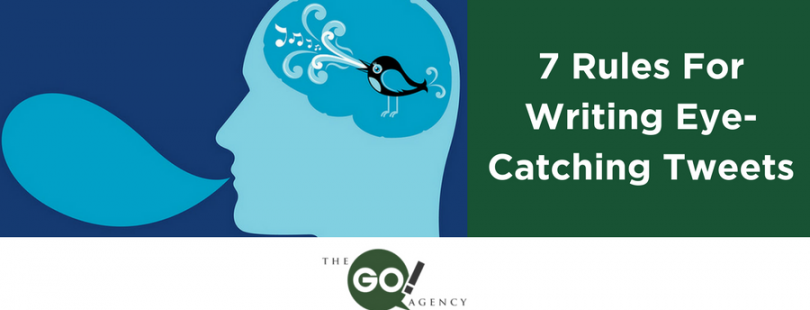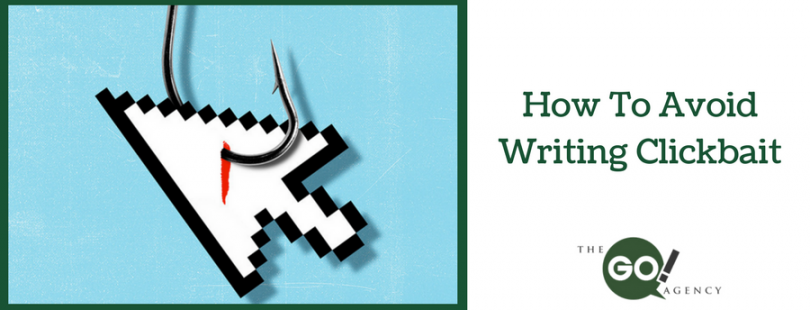You probably haven’t thought about how much web copy you see online, but take a minute to think on it. Every line of text you scroll past was written by someone, and if what you’re reading seems well-written, there’s a good chance it was written by a professional.
Between the copy you don’t think about and the long-form content you read, there are a lot of words that need to be crafted in just the right way, and that’s where writers come in. I’m going to explain why, contrary to what your ego may tell you, you absolutely need a professional writer on your team.
It’s a Lot
You probably don’t think your business needs a lot of writing done, but trust me, it does. Website copy will pile up before you know it. This includes things like product descriptions, “About Us” sections; everything that’s small individually but comes together to build your perfect website.
That’s before you get into the world of ad writing, creating content, and crafting social media updates. You might be able to hang on for awhile if you’re the least busy business owner in the world, but otherwise, you’ll be much better served by leaving it to the professionals.
It’s More Complicated Than You Think
You can write! You’ve written papers, text messages, and that one love letter in eighth grade—so why can’t you handle your business’ writing?
Because it’s hard.
It isn’t just writing one social media update or the single product description for your new launch. It’s creating and adhering to a tone that fits your company’s branding and values, it’s refreshing old copy to keep up with the changes of your business, and it’s researching industry trends to keep the conversation going with your audience. No matter how tight your budget is, you simply can’t skimp by without a professional writer.
Grammar Is Tricky
Knowing the difference between “your” and “you’re” isn’t enough to create great digital content or copy. Not only are there a lot of grammar rules for you to master, but they’re not going to be the same everywhere. Your professional writer will work with you to find and stick to a specific style so that your business’ writing can be consistent and clear across all channels.
Why does this matter? It might not seem like much, but readers are going to notice when your blogs alternate on using the oxford comma or use “gray” and “grey” interchangeably. They’ll catch on, and their impression is going to be that your business is sloppy and amateurish, and neither of those are words that you want floating around your brand!
Keeping It Fresh Is Tough
There’s more to writing than creating content—there’s also creating a content mix. That means posting more than the same promo with a slightly skewed wording. It’s sharing news, tips, and things that your audience is going to enjoy beyond calls to buy from your brand.
That extends beyond your social media updates, too. Your website copy will need to be updated as you roll out new products and just generally find better layouts. Staff changes will also call for writing new bios, and nothing will ruin your team’s credibility faster than flat, unimaginative bios!
So even if you had the time to dedicate to all of these writing tasks, you’d quickly find yourself struggling to create new, compelling content that wasn’t just a rehashing of the previous week’s work. In short, you can rest assured that your writer will have plenty to keep them busy and justify your investment in them!
Do the Write Thing
It’s normal to want to cut corners by not hiring a writer, but that doesn’t make it a good impulse. Instead, invest the extra resources in having a qualified writer handle your online presence. You’ll be glad you did when you’re not spending every waking moment juggling writing with your other responsibilities!
You might not be completely sold on the benefits of hiring a professional writer. Schedule your free consultation with the Go! Agency and we’ll talk about it!
Read More






